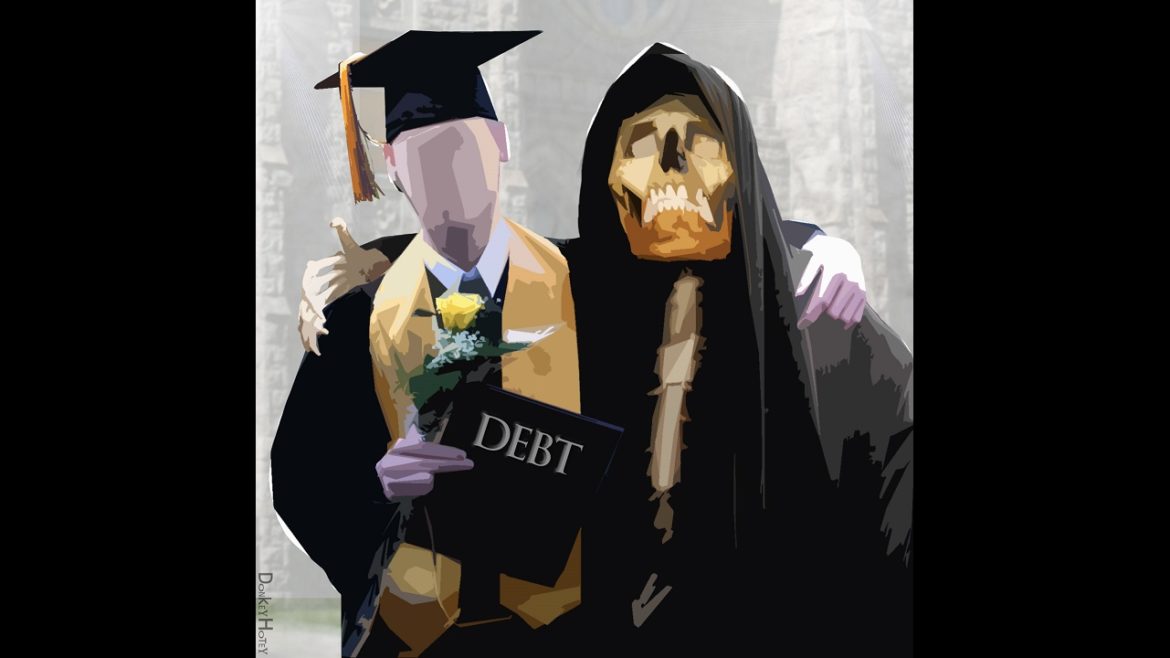Gold has all the potential to go unprecedentedly high. But silver will be gold on
Site:
Precious metals news
 US Services Surveys Scream Stagflation: Orders Slow As Prices Surge At Record Pace
US Services Surveys Scream Stagflation: Orders Slow As Prices Surge At Record PaceMay 4, 2022 - 07:58:46 PDT
After the mixed message from Manufacturing surveys (PMI highest since Sept 2021, ISM weakest since Sept 2020) analysts expected the opposite mixed message for the Services surveys (PMI down, ISM up) in April.
Traders worried about the Federal Reserve’s ability to tamp down ultra-hot inflation without sacrificing economic growth now have an exchange-traded fund to fall back on.
One of the most memorable days of my life was when my daughter was born. As any parent instinctively understands, I swelled with so much pride I thought my chest would burst. Grandma was pretty darn happy, too. And she wanted to contribute to our daughter’s financial future. One of the things she did was buy her granddaughter some US savings bonds. That was in 1993. And now in 2022 we cashed them in, to help my daughter buy a house. How well did the bonds perform? And how did gold do?
Trillions of dollars of deficit spending financed by money creation over the past two years caused today’s soaring inflation. Our enormous government debt may constrain the Fed from raising interest rates by enough to tame inflation.
Equity markets are beginning to price the rising risk of stagflation.
Fed Chairman Jerome Powell and his colleagues will likely break that spell at the conclusion of today’s meeting. Powell said April 21 that an outsized rate increase of 0.50% “will be on the table.”
Central Banks have one real job: avoid inflation! It’s here, and the consequences will be devasting as conventional rate-hiking wisdom is used to fight a wholly exogenous supply side shock. There may be alternatives, but “credibility” is everything to Central Banks.
Years of monetary laughing gas have not diminished the strength of the U.S. dollar as the world reserve currency, rather the opposite. Now we witness the vacuum effect: inflows into the U.S. dollar in a period of risk aversion.
The US trade balance with the rest of the world collapsed to its largest deficit ever in March.
On the heels of unprecedentedly strong labor indications from the JOLTS data, and the ongoing multi-decade lows in jobless claims, analysts expected ADP to report strong gains in employment for April. However, the gains were disappointing - gainingh only 247k jobs, the lowest since April 2020...
May 4, 2022 - 05:51:49 PDT
Simply unaffordable! US housing, that is. As The Federal Reserve tries to fight inflation caused by Biden’s Medusa-like policies, mortgage rates are soaring and we are seeing an INCREASE in mortgage purchase applications ahead of Fed tightening. Panic in (Fed) Needle Park!
May 4, 2022 - 05:47:41 PDT
President Joe Biden should do an ad for his energy policies ala Game of Thrones, “Bundle up! Winter is Coming!”
"It’s time the Fed accepts responsibility and moves decisively to curb inflation before the problem gets even worse. Volcker’s Fed whipped inflation, and Powell’s Fed can, too."
Stock markets are crashing, costing Americans trillions of dollars, and home prices will likely follow.
President Joe Biden will convene a White House conference in September focused on ending hunger and improving nutrition across the nation, a White House official told CNN, as the US sees higher rates of food insecurity amid the coronavirus pandemic.
Crude prices are holding well above $100 per barrel, walking a tightrope between bearish covid news from China and a looming EU ban on Russian crude oil imports...
May 4, 2022 - 05:27:45 PDT
Craig Fuller explains the impact of higher diesel prices on the U.S. economy and consumers.
Student loan forgiveness has been in the news lately. There are a number of different plans being floated, from blanket debt repudiation up to various amounts, to more limited income-based schemes. But nobody ever talks about a key question: who is going to pay for it?Well, you will.
The Federal Reserve has raised rates once - a mere 25 basis points (with another hike on the table today). So, it's just getting started, but has it already popped the housing bubble? It sure looks that way. The question is how long will it take for the air to really start coming out.As mortgage rates push up, mortgage applications continue to fall. As of last week, applications were down 17%, and at the lowest level since May 2020 when the economy was shut down for COVID, according to last week's Mortgage Bankers Association’s weekly Purchase Index. The index has dropped 30% from peak demand in late 2020 and early 2021.
The In Gold We Trust Report 2022 will be published on May 24th!
 Inflation Is Just the Beginning. А Few Words about how the State Multiplies Risks
Inflation Is Just the Beginning. А Few Words about how the State Multiplies RisksMay 3, 2022 - 12:56:02 PDT
The current extraordinary inflation and actually started stagflation is the result of a tremendous macroeconomic mistake of the state economic policy of developed countries and, first of all, the USA. A huge part of the respected academic and expert economic community has kept the U.S. and European...


























